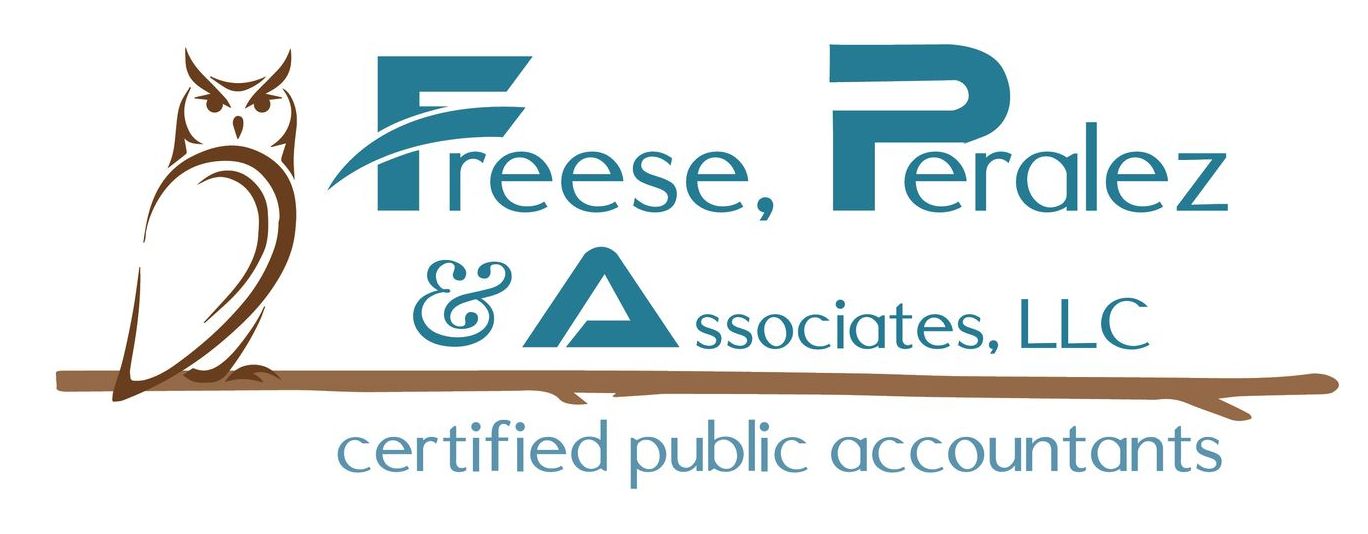Family Office Basics
Family Office Basics

Unlocking Multi-Generational Success: Exploring the Power and Potential of Family Offices in Aligning Financial and Social Objectives.
Families are gravitating towards forming family offices, investment and management companies that align family, financial, and social objectives for multi-generational success. This article discusses the rationale behind forming such family offices and outlines their framework and structuring considerations. Family offices go beyond traditional wealth management, often competing with talent and resources in the market to outperform and maximize asset value. They help promote family harmony, educate family members, and create transparent management and governance structures. Additionally, family offices offer financial benefits by defining investment objectives, making risk-adjusted decisions, and aligning financial goals with family aspirations. A key aspect of the family office framework is the combination of financial and social components. These components involve community and philanthropy, reflecting family values and the commitment to charitable causes. The family office serves as a buffer and professional tool for charitable decision-making, ensuring diligent evaluation of charitable gifts similar to business transactions. The structuring of family offices involves complex considerations. A common model is the GP/LP/Fund type, akin to hedge funds or private equity funds, offering flexibility, tax efficiency, and alignment of manager and investor interests through mechanisms like carried interest. The Lender Management tax court case established that family offices can be treated as a trade or business, allowing tax deductions for investment expenses and salaries, and these structures often resemble funds in the marketplace. To maintain trade or business status, family offices should actively engage in investment activities, communicate with family investors, and maintain variance between the manager entity and the fund entity. It's recommended to have many owners and potentially structure the manager entity as a C corporation if variation is not strong. In conclusion, family offices offer a comprehensive approach to managing family wealth, combining financial expertise with social objectives, and their structuring and management strategies play a crucial role in driving multi-generational success. For more information click the link!
















